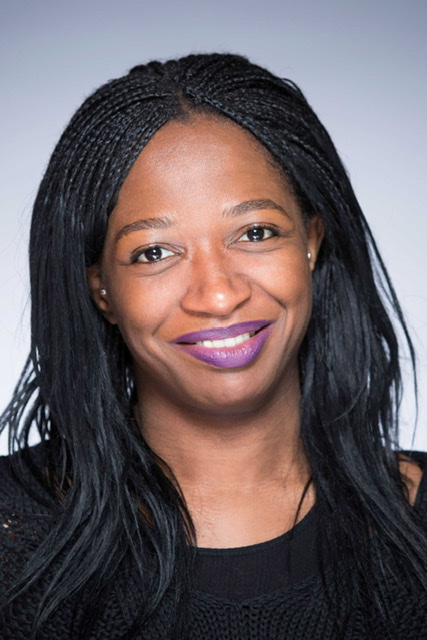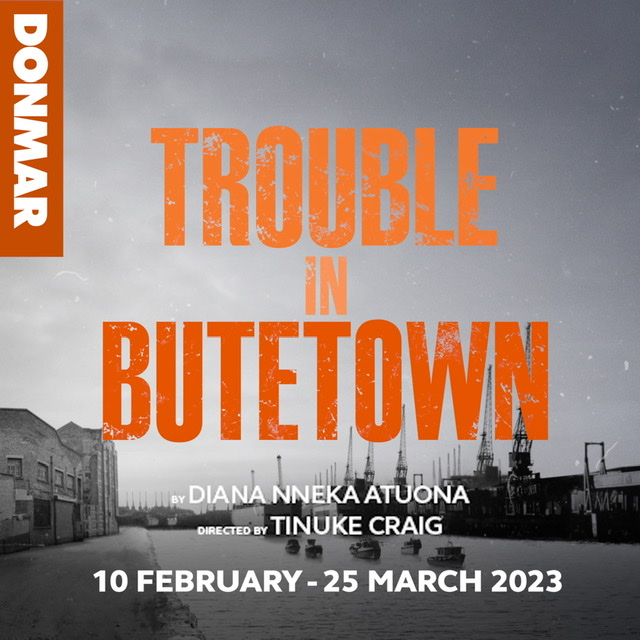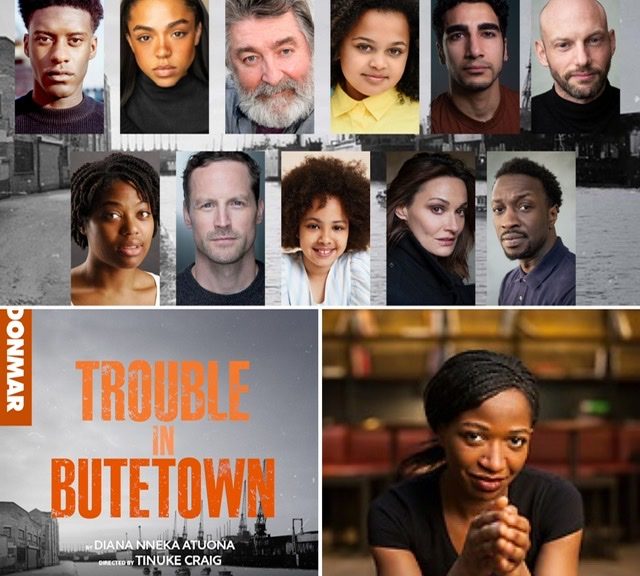
Hi Diana, great to meet you, what first got you interested in the arts?
As child, I was always into creative writing and storytelling. I wanted to be a song writer (still kind of do) and I would also write short stories. I wrote my first play when I was around 11 or 12 for my church and just loved the idea of entertaining audiences.
Can you tell us about your writing process? Where do your ideas come from?
Ideas come in a variety of ways for me. Either I go looking (which rarely yields results) or I just get flashes of inspiration. It has to be said though, that it is pretty rare for me to find an idea that I fall in love long enough to want to work on but when I do, there is no greater feeling. I often start with finding the world first then, figuring out a premise before populating the world with characters. In terms of process, I now understand the importance of planning and structuring where I can so I try to complete that first before I start scripting.
Can you describe your writing day? Do you have a process or a minimum word count?
I definitely don’t have word count. On a good day, I’d have been doing some writing in my head the night before so I really try and put that down until there is nothing left in my head or until I have to get on with life duties. I do try and write from the beginning of the story until the end but if there is a scene I am struggling with, I’ll just skip it and focus on one that’s strongest in my mind.

Your latest play Trouble in Butetown plays at The Donmar Warehouse, London from the 10 February. The production takes place in an area of Cardiff Docks, called Butetown or Tiger Bay during World War Two. The production information describes the area as “home to souls from every corner of the globe” What drew you to this location and period for your play?
I fell in love with the history. It’s strange as, prior to writing about Tiger Bay, I knew very little about its history so I cannot explain what led me to go down that path but I’m glad I did. The more I researched, the more I fell in love with it. As a girl from Peckham in south London, I know a lot of people would be surprised to hear that I would choose to write this story but actually, there are elements of Tiger Bay’s history that I can relate to. I grew up in London, so I understand the world of racially diverse communities first hand. As a Peckham girl, I know what it’s like to grow up in a town that has a negative reputation that is not completely deserved, neither is it completely undeserved (we’re also both experiencing massive gentrification).
I also grew up around people like the characters in my play, salt of the earth types who would take the mick out of you but also have your back if you were ever in trouble. Tiger Bay’s cultural identity is also made up in part, of the West African culture. Being of West African descent myself, I felt I could easily relate. There were many periods I could have set this play in but I chose WW2 as the world of Jim Crow that the black American GIs who arrived in Cardiff suffered under, contrasted very nicely with the diversity and inclusion of Tiger Bay. I also felt that we have seen a ton of WW2 stories depicting the life of white Britain. I don’t believe I have seen anything that depicts the life of British people of colour.
Do you think the plays period and themes will resonate with contemporary audiences?
I think it will. This is a time where people are very open to forgotten histories. I also think that the themes of race and identity are very pertinent today. Essentially, this is a human story and I don’t think they ever really go out of style.
Trouble in Butetown is a recipient of the Theatre Royal Haymarket Writers Award and The George Devine Award. Did winning these awards increase awareness of your work and make commissioning of the production more likely?
Most definitely. The George Devine is a very well regarded theatre award and it was a real privilege to win it. It got the play in front of many venues, the Donmar being one of them and the rest, as they say, is history. The TRHW award was really important as it provided the necessary funds for me to develop the play and also provided support for the production as a whole. I am very grateful to have received both.
There are a range of organisations supporting UK based writers. I wonder if you feel the current support network and career opportunities feel ‘healthy’ to you? Is it possible to sustain a career as a writer in the UK and if not what would help?
That’s a pretty tough one for me to answer as historically, I never wrote fast enough to make a consistent living as a writer. I have however found that there has often been support when I needed it most, I am thinking of amazing organisations like The Peggy Ramsey Fund or the Fleabag fund. I think there can always be more support for writers especially due to the precarious nature of our jobs.
If you were able to fund an area of the arts what would this be and why?
I would probably say that I would fund new writing from under represented voices. In order for this industry to remain fresh and vibrant, we need a diversity of voices.
What currently inspires you about the arts in the UK?
The landscape has changed so drastically since I started on this journey. There is a real appetite for new stories and there does seem to be a willingness from a lot of organisations to support new talent. It does feel like it’s all for the taking now.
What was the last really great thing that you experienced that you would like to share with our readers?
My daughter turning three years old. She is the love of my life and to be surrounded by all our friends and family meant the world to me.
You can find out more about Trouble in Butetown and book tickets here

